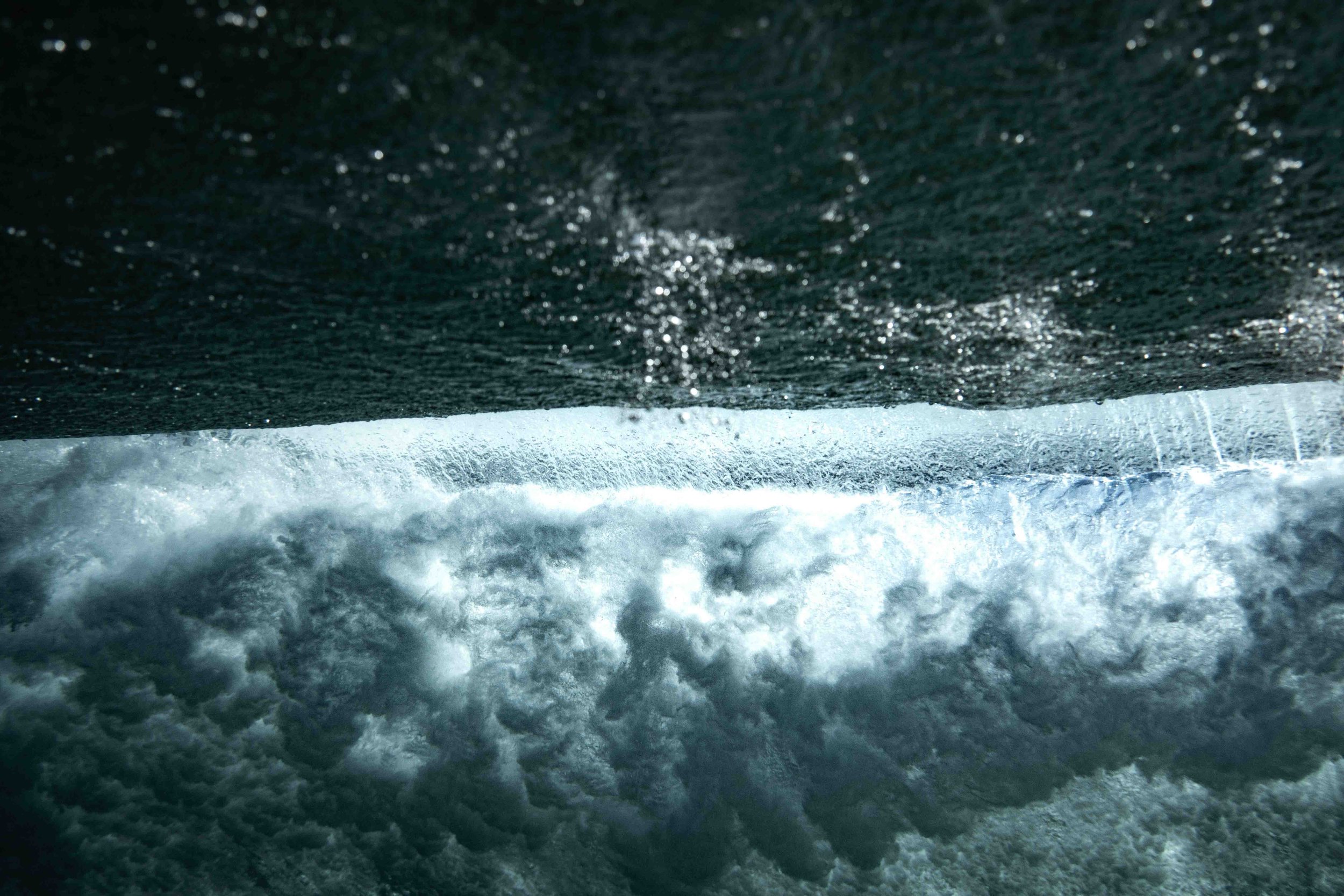A sustainable blue
The second United Nations Oceans Conference, held in Lisbon, came to an end on 1 July 2022. A week dedicated to putting the oceans at the top of the international agenda. The realisation is that a greater sense of urgency is needed at all levels to tackle the global challenges facing the oceans.
Our oceans are critical to human existence. We know that the ocean provides around 50 per cent of the oxygen we breathe, absorbs more than 90 per cent of the excess heat stored in the Earth's system, absorbs a significant amount of the CO2 that exists in the atmosphere and thus plays an important mitigating role in the otherwise significantly greater effects of climate change.
But the ocean is also a cornerstone of the global economy. More than three billion people depend on the ocean for their livelihoods and many of them work professionally in activities related to it, the so-called blue economy, in sectors ranging from the more traditional such as fisheries and maritime transport to the new and emerging sectors of aquaculture, offshore renewable energies, marine biotechnology, aquatic robotics, seabed extractive activities as well as more transversal sectors such as coastal tourism, services (finance and insurance) and public administration (security and defence).
This is one of the main messages emphasised by John Kerry, the US President's Special Envoy for Climate, at the Oceans Conference, as he reinforced the need to realise that action is needed and that, given the scale of the tasks ahead of us, this cannot be achieved if funding is provided by public funds alone. The participation of the private sector is crucial and it has risen to the challenge.
What is Portugal's role? Portugal must lead by example. Portugal's exclusive economic zone is one of the largest in the world. Portugal is currently working on a project to extend its continental shelf, which, if realised, will turn Portugal into a country with 3% land territory and 97% sea territory, and this shelf, among other important dimensions, will be of significant economic importance.
It is important to invest in diversification, in emerging sectors of the new blue economy with high technological value that incorporate scientific innovation and create high added value, such as offshore renewable energy and the bioeconomy and blue biotechnology.
Since the United Nations has decided to dedicate this decade to the study of the oceans, it is essential that Portugal makes a significant contribution to this effort by assuming a position of international leadership in the knowledge of the seas and the development of a sustainable blue economy.
For original article in portuguese, click here.
by Marise Almeida


